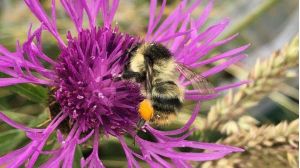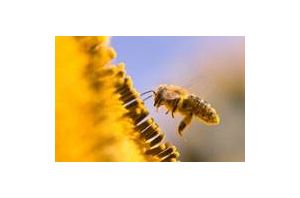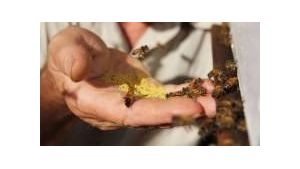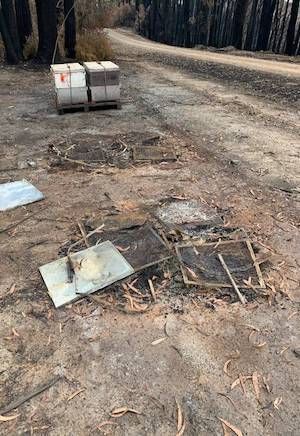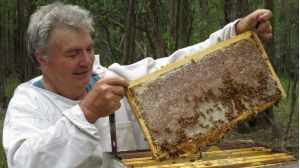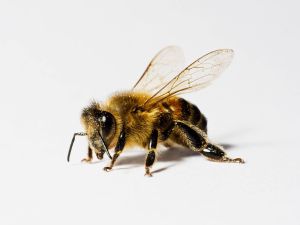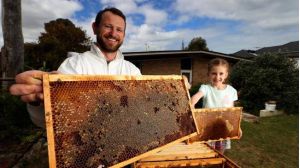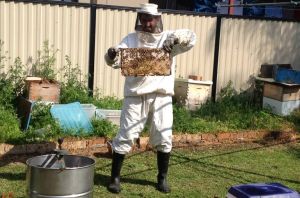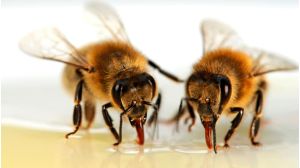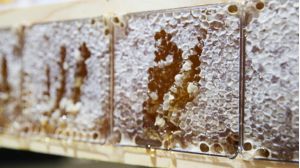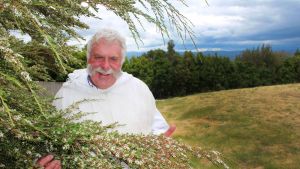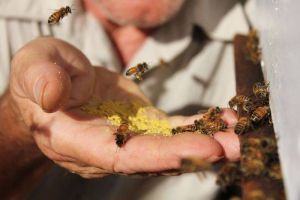Tel: 02 9731 7400 | Unit 1A, 1 Swaffham Road, Minto NSW 2566
Previous Articles
Beekeepers are preparing for a tough year following major losses of floral resources across the country due to drought and bushfires. Apiarists are having to artificially feed their bees with sugar and pollen to keep the population alive, with this year's focus on survival and pollination rather than honey production.
A MOUNT COTTON retiree, honoured for his contribution to biodiversity during his working years, has turned his love of nature into a environment-saving hobby. It was not until Mt Cotton apiarist Paul Sattler retired from his career as a national parks and resources manger that he pursued a life-long interest in beekeeping.
The state's beekeeper association has welcomed the signing of an agreement giving them better access to leatherwood trees.
The agreement between Sustainable
Western Australia has been swarmed by amateur apiarists, with the number of registered beekeepers almost trebling in five years.
The surge has been attributed to increased concern about global bee numbers and a growing awareness of the perceived health benefits of homegrown honey.
Does the sound of bees send a shiver down your spine or spark feelings of affection?
In some parts of Australia there has been an increase numbers of beekeepers in recent years, with lots of people from metropolitan and country areas joining groups, taking courses and working out how to tend a hive in their own backyard.
A beekeeper of 14 years hopes to turn his hobby into a business venture.
Munther Anny has submitted a development application to Wollongong City Council to build an apiary and farm stay accommodation at 24 Denmark Street, Wombarra.
Approximately one in every three mouthfuls of food you eat today was pollinated by bees.
Australia lives in a precarious beekeeping utopia because of our isolation from the rest of the world. We are the only country left that does not have the deadly varroa destructor, a tiny mite that lives off the blood of adult bees, transfers viruses, causes birth deformities and makes colonies collapse over winter.
An increase in global demand has seen the price of Australian beeswax skyrocket in recent years, with local beards and beekeepers among the victims.
Australia's honey bee industry remains the
Things are looking pretty sweet for WA’s honey industry.
Premium varieties exclusive to our state like jarrah and marri are finally getting the international recognition they deserve, investment in infrastructure is increasing and interest in beekeeping is exploding.
After receiving a federal government grant to grow the international market for Australian manuka honey in March, the Australian Manuka Honey Association received extra support from the industry body.
Sydney has seen an explosion in urban beekeeping with a 20 per cent increase in the number of people taking up the hobby in just a couple of years.
A desire to be self-sufficient and ensure a father and husband is home every night is the drive behind one Queensland couple's beekeeping dream.
Mackay-based Janine and Doug Cannon, along with their two-year-old daughter Violet, do not come from an agricultural background, but an unutilised family parcel of rural land got the couple thinking about farming.

